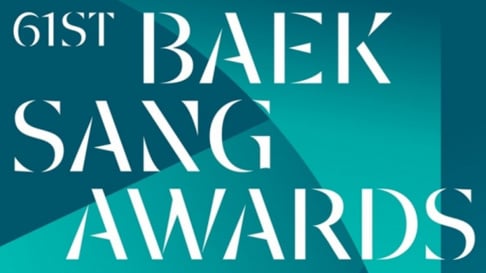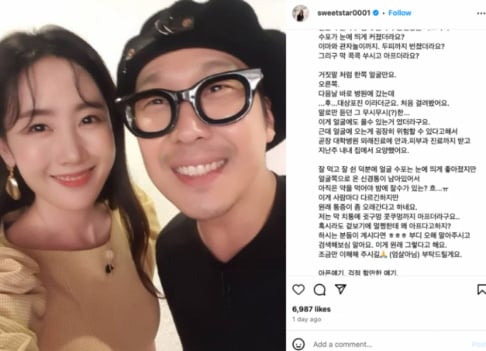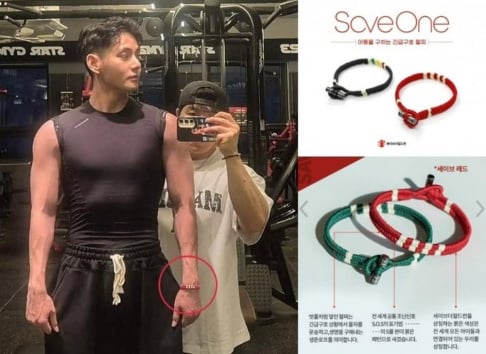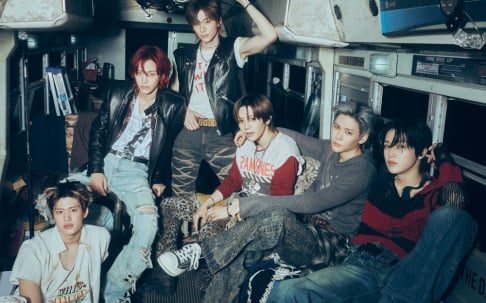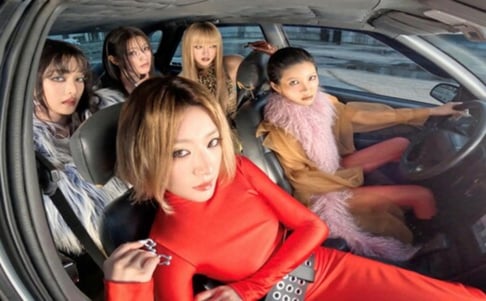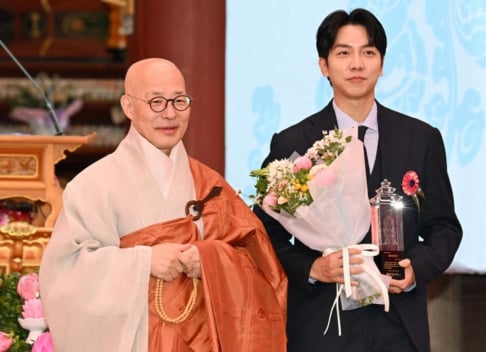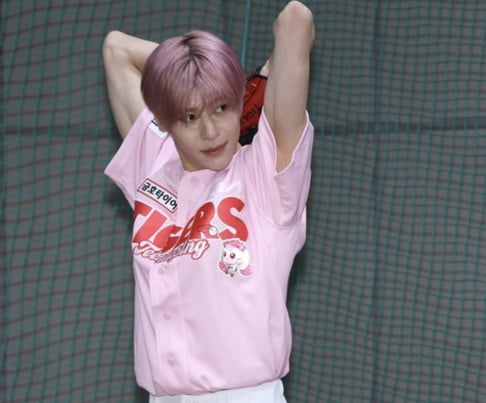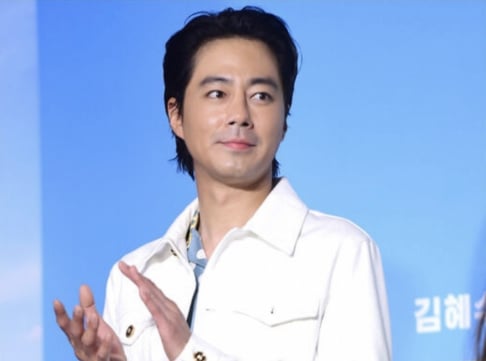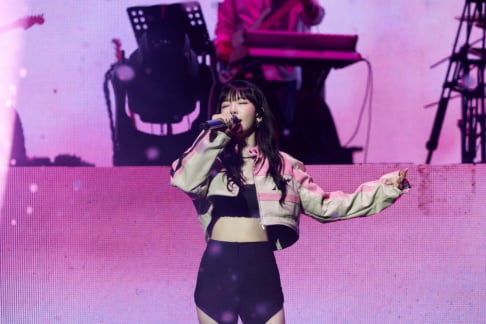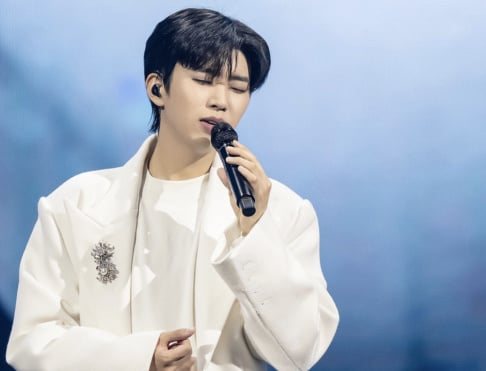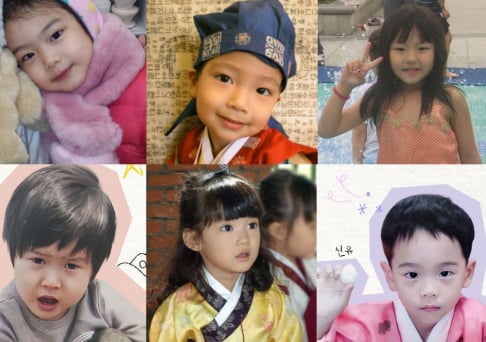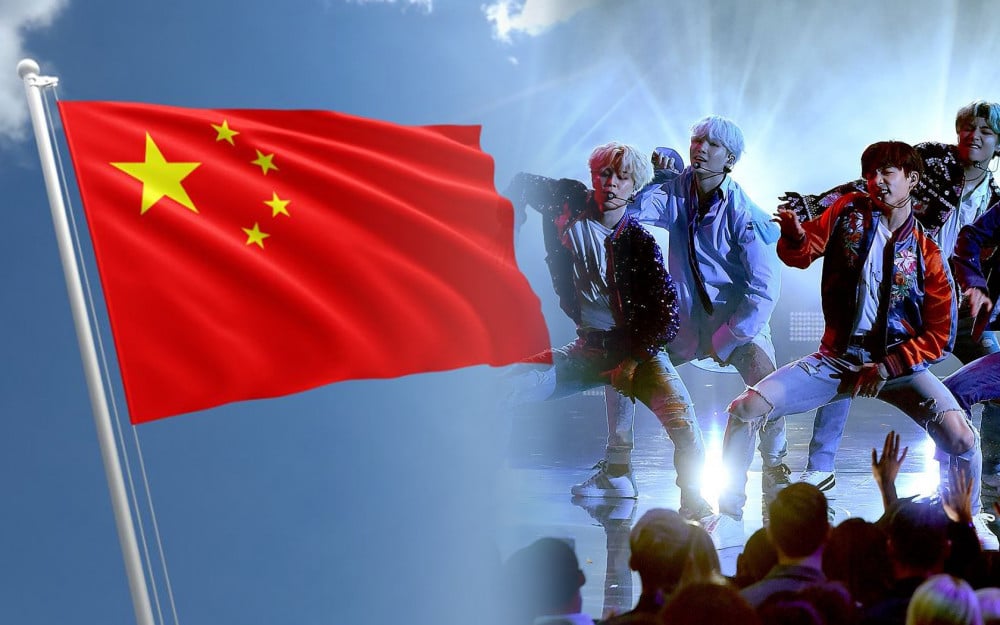
The Chinese government reportedly plans to lift the "Hallyu Ban" (a ban on Korean content) as early as May 2025. This comes eight years after the ban was imposed in 2017 as retaliation for South Korea's deployment of the Terminal High Altitude Area Defense (THAAD) system.
A senior official from the China-Asia Pacific Cooperation Center, an organization preparing for the Asia-Pacific Economic Cooperation (APEC) summit in China, told a reporter on February 19, "Starting next month, we plan to send a private cultural delegation to South Korea and expand cultural exchanges, aiming for a full cultural opening within the first half of this year." This means that China intends to lift restrictions on the distribution of Korean content, including dramas, movies, games, and K-pop performances. The official explained that the Chinese government believes strengthening cooperation between South Korea and China is necessary since both countries will serve as APEC summit hosts this year and next.
Although the Chinese government officially denies the existence of the Hallyu Ban, it has effectively prohibited the distribution of Korean content. In practice, the approval and review process required for exporting Korean content to China was often denied. The KDB Future Strategy Research Institute, affiliated with the Korea Development Bank, estimated that the ban caused up to 22 trillion KRW (15.3 billion USD) in economic losses to related industries in South Korea in 2017.
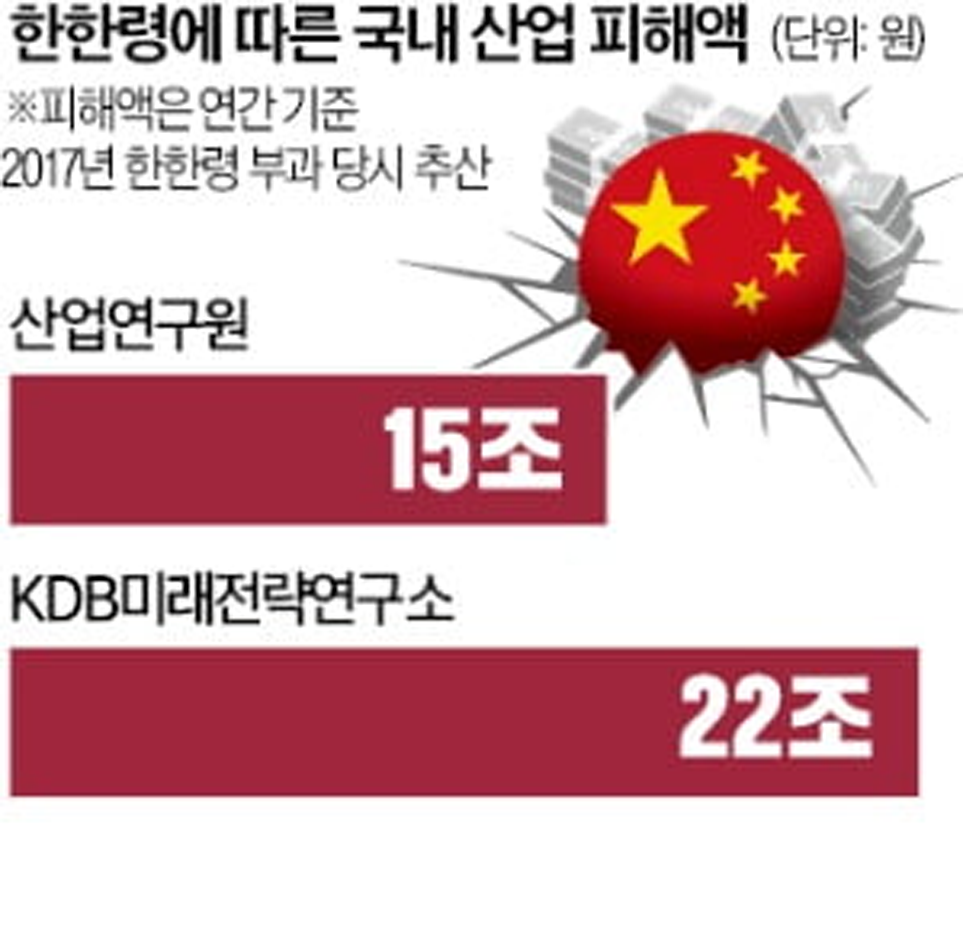
A representative from the South Korean Embassy in China commented, "We have continuously urged the Chinese government to lift the ban, and positive signs have been detected. Since the Hallyu Ban is not an official regulation explicitly stated anywhere, China is unlikely to make a formal announcement about its removal. Instead, it is expected that China will gradually approve K-pop concerts and other cultural activities, ultimately leading to a full opening."
Some analysts interpret this move as an attempt by China to improve relations with South Korea—an ally of the U.S.—amid escalating U.S.-China tensions following the launch of Donald Trump's second administration. Late last year, for the first time since the establishment of diplomatic relations in 1992, China included South Korea in its visa-free entry list. Additionally, during the Winter Asian Games, Chinese President Xi Jinping met with South Korean National Assembly Speaker Woo Won Shik, signaling a diplomatic shift.
Following the visa exemption, China’s plans to lift the Hallyu Ban suggest a broader change in its diplomatic strategy. With intensified U.S.-China conflicts under Trump’s second term, China appears to be shifting away from its aggressive "Wolf Warrior Diplomacy" and adopting a more conciliatory "Smile Diplomacy" to ease global resentment toward its policies.
According to a senior official from the China-Asia Pacific Cooperation Center, China aims to fully reopen cultural exchanges with South Korea before the APEC summit in Gyeongju, South Korea, this October. This includes allowing the export of Korean dramas and games and resuming K-pop concerts in China.
The official stated, "Rather than making an official government declaration, we plan to gradually expand cultural exchanges at the private sector level, leading to a full reopening around May." This aligns with China's plan to send a cultural delegation to South Korea after the "Two Sessions" (the National People's Congress and the Chinese People's Political Consultative Conference), where China sets its annual economic growth target and key policies.
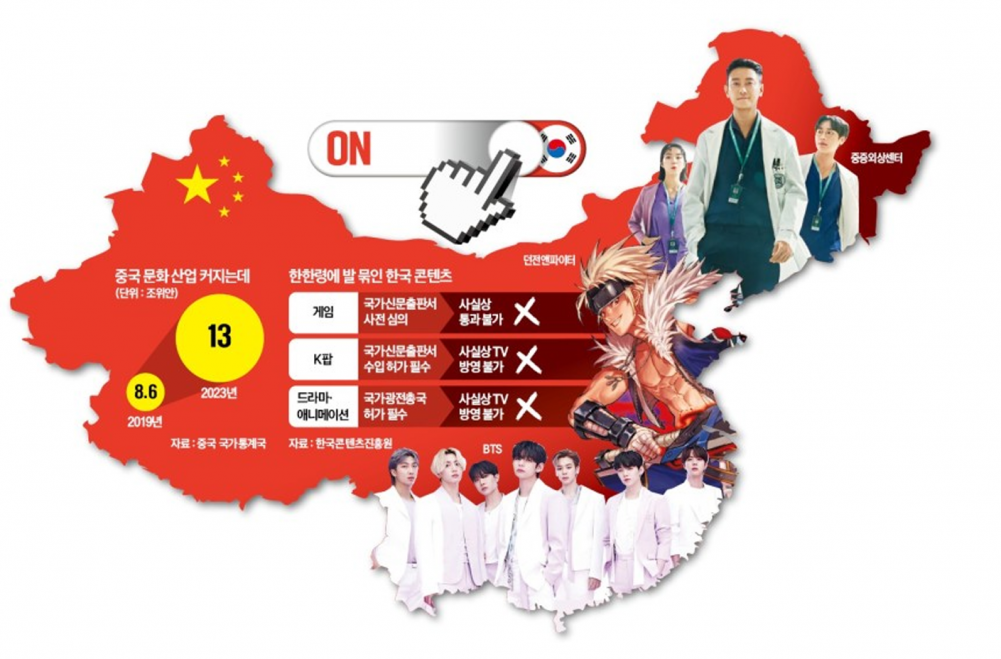
Signs of the Hallyu Ban being lifted first emerged earlier this month when Woo Won Shik, who attended the opening ceremony of the Harbin Winter Asian Games, met with President Xi Jinping on February 7. During the meeting, Xi stated, "Cultural exchanges are an attractive aspect of bilateral relations, and we should avoid problems arising in the process." Woo pointed out the difficulty of accessing Korean content in China and emphasized the need for cultural openness to foster mutual understanding among young people. The South Korean Embassy in China has also persistently pushed for the ban's removal across different administrations. A representative from the embassy noted, "China is likely to gradually widen its cultural openness by increasing the approval rate for Korean dramas, films, and games and allowing more performances and projects."
Experts suggest that China is actively working to restore relations with neighboring countries while focusing on domestic market recovery in response to mounting U.S. pressure on advanced technology and trade. This strategy aims to reduce unnecessary diplomatic conflicts and gain favor with U.S. allies. In fact, besides South Korea, China has recently implemented visa-free policies, managed border disputes, and resumed seafood imports with countries such as Japan and India to strengthen ties.
Hyun Sang Baek, head of the Beijing office at the Korea Institute for International Economic Policy, stated, "As the U.S.-China rivalry intensifies, China is making efforts to improve relations with neighboring countries." Some analysts also believe that China’s decision to lift the Hallyu Ban reflects its confidence in the competitiveness of its domestic cultural content industry.
The Hallyu Ban is one of China’s most notable unofficial regulatory measures. After South Korea confirmed the deployment of THAAD in 2016, China retaliated by banning Korean movies, music, and other cultural products. The abrupt implementation of the ban severely impacted South Korea’s entertainment and tourism industries. While the Chinese government officially denies the ban’s existence, it has continued to block cultural content imports through pre-screening and import quota restrictions. As of 2023, China's cultural content market was valued at 13 trillion yuan (approximately 1.785 trillion USD), with South Korea being largely excluded.
If the ban is lifted, South Korea's related industries are expected to benefit significantly. Although there are few comprehensive studies on the exact economic losses caused by the Hallyu Ban, the KDB Future Strategy Research Institute estimated the damage at 22 trillion KRW (15.3 billion USD) per year, while the Korea Institute for Industrial Economics and Trade estimated it at 15 trillion KRW (10.4 billion USD) per year. The consumer goods industry, including fashion, cosmetics, and food, is expected to see the greatest production increase.
 SHARE
SHARE





